Publications
Articles, publications, books, tools and multimedia features from the U.S. Institute of Peace provide the latest news, analysis, research findings, practitioner guides and reports, all related to the conflict zones and issues that are at the center of the Institute’s work to prevent and reduce violent conflict.
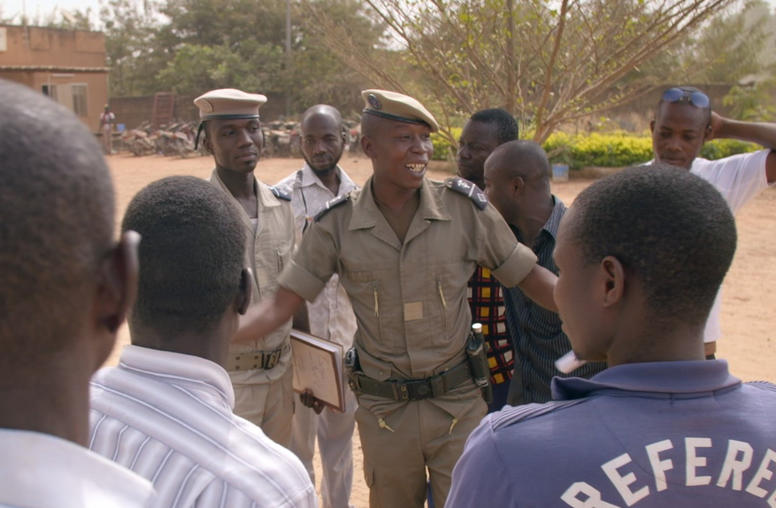
Amid Rising Sahel Violence, Burkina Faso Builds a Response
A perfect storm of violence is breaking upon Africa’s Sahel. Since late 2018, communal conflicts—many over access to food, water or productive land—have produced thousands of deadly attacks. Across the region, nearly 4,800 people died in conflicts from November to March, according to the violence-monitoring group ACLED. The greatest surge in bloodshed is in Burkina Faso, where communal militias or religious extremists killed 500 people over five months. But amid the dire headlines, governments and civic groups in Burkina Faso and other Sahel countries cite progress in stabilizing communities with a basic step that simply has seldom been undertaken: broad, local dialogues among community groups, police forces and officials. Community leaders and government officials say they are now expanding those dialogues to improve national security policies to help counter the tide of violence.
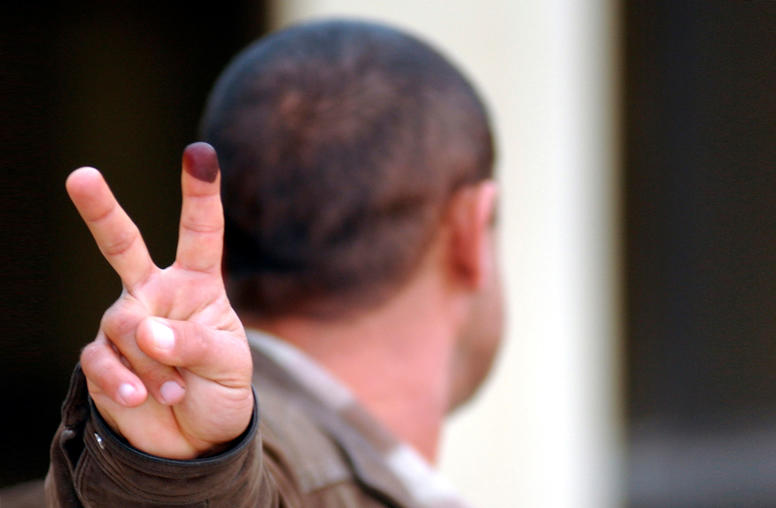
Iraq’s Election Takes a Tone That’s Hopeful for Democracy
As Iraq prepares to vote on May 12, the public debate has been just a bit unusual. Following the country’s war against the Islamic State extremists, candidates are seeking votes with appeals across sectarian lines and more discussion of issues than in any other election campaign. This change is incremental but is one of several that make this a moment to step back and measure Iraq’s evolution since the 2003 U.S.-led invasion. Despite what Iraqis have suffered over 15 years—or perhaps because of it—the will to democratize is alive and growing. A real meaning of these elections is this: If the United States and the international community can sustain their engagement, Iraq has a chance to stabilize, and to turn back the inevitable future attempts to revive extremist violence.
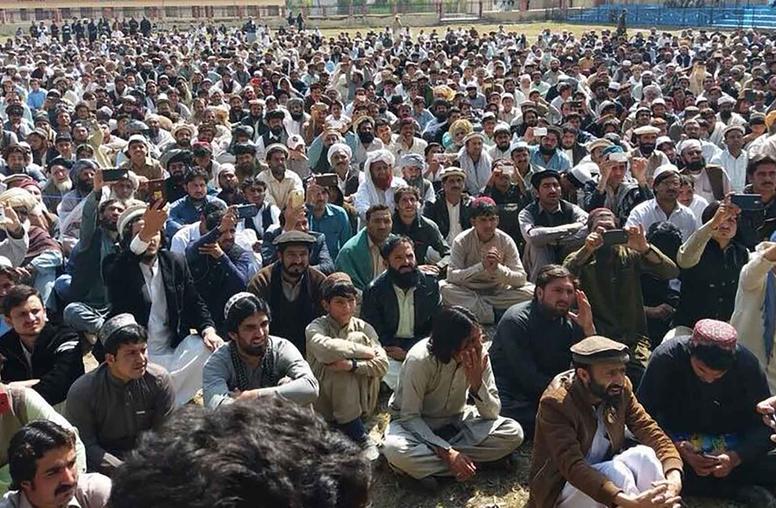
Could Pakistan’s Protests Undercut Taliban and Extremism?
Tens of thousands of ethnic Pashtuns have held mass protests in Pakistan in the past three months, demanding justice and better governance for their communities. The largely youth-led protests forged an organization, the Pashtun Tahafuz Movement (“tahafuz” means “protection”), that has broadened its goals to include democracy and decentralization of power in Pakistan. The movement reflects demands for change among the roughly 30 million Pashtuns who form about 15 percent of Pakistan’s population, the country’s second-largest ethnic community.
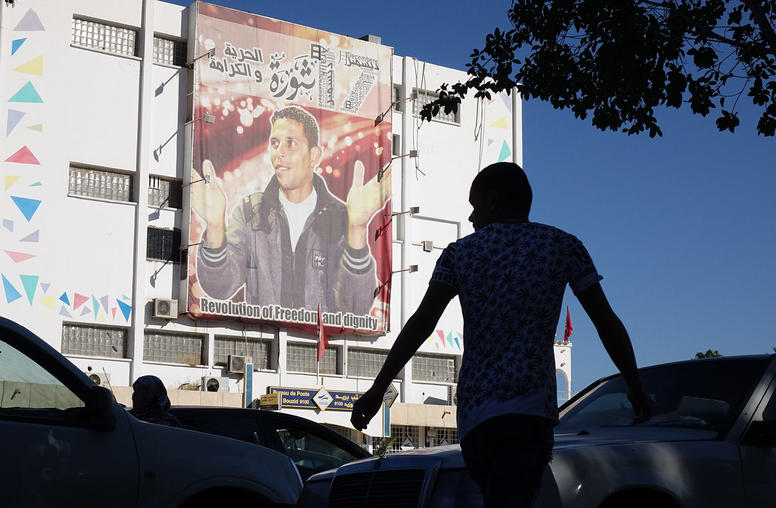
Tunisia: Democratic but Precarious
Amid central Tunisia’s dry farmlands, the city of Sidi Bouzid bustled one recent day under warm autumn sunshine. Street vendors and shoppers jostled under the roof of a new, open-air market, selling and buying produce or cheap clothes. Seven years after an impoverished street vendor in this city immolated himself and ignited the Arab Spring revolutions, his homeland has achieved a precarious stability. By many measures the Arab world’s only democracy, Tunisia remains hobbled by corruption, unemployment and violent extremism.
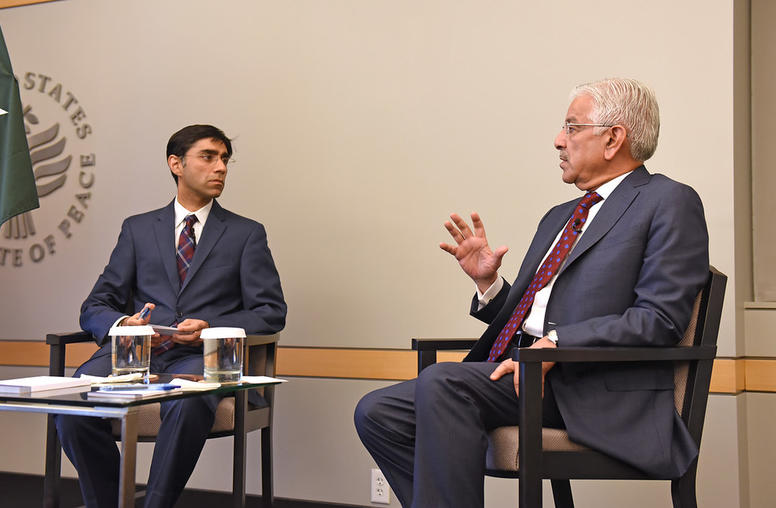
Taliban Hostages Freed: Can It Ease U.S.-Pakistan Ties?
Today’s announcement that Pakistani troops rescued a U.S.-Canadian family held hostage by a Taliban faction comes as the U.S. and Pakistani governments labor to avert a break in their strained relations. It’s unclear whether the rescue can be parlayed into a broader improvement in their ties.
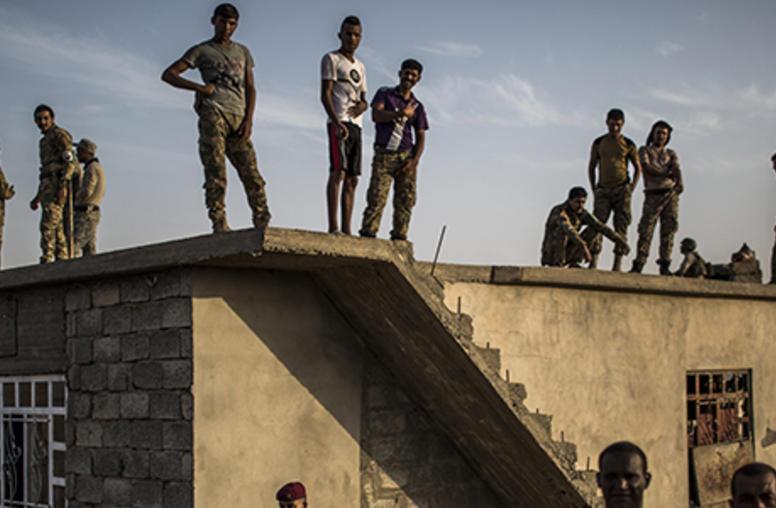
Mosul After ISIS: No Clear Plan for Peace
Two weeks into Iraq’s offensive to recapture Mosul from ISIS militants, the government and its fractious allies have not agreed on how to stabilize and govern the disputed region in the aftermath. The threat of new rounds of conflict, even after a recovery of Mosul from ISIS, is highlighted by the weekend’s surprise advance by Shia Muslim militias, which make up one of at least four main rival forces in the assault. The militia units announced that their fighters had begun a drive on the cont...
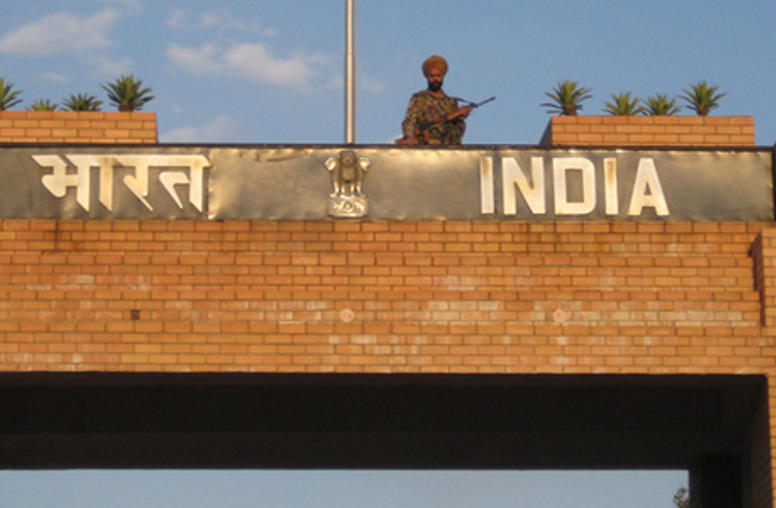
Is the United States Ready for the Next India-Pakistan Crisis?
When terrorists attacked India’s Pathankot air base near the Pakistani border in January, and India said the assailants had come from Pakistan, observers worldwide momentarily held their breaths, wondering whether this confrontation would spin into wider violence.
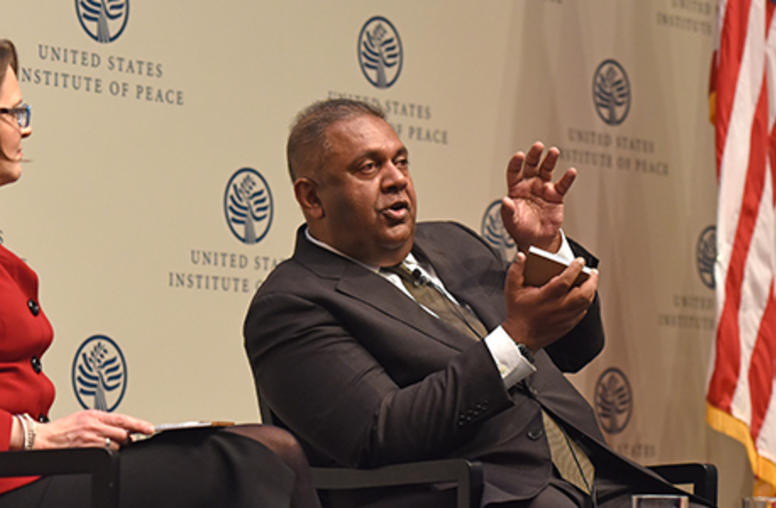
Sri Lanka Steps Carefully in Shaping Courts to Try War Atrocities
The Sri Lankan government expects to decide within six months the shape of special courts to address war crimes committed in the country’s 26-year civil war, its foreign minister said at the U.S. Institute of Peace. The courts will include “international participation”—with foreign professionals perhaps serving as investigators, judges or prosecutors—said Foreign Minister Mangala Samaraweera. But in a reflection of the political sensitivities of the post-war reconciliation effort, Samaraweera...
Urgent Imperative: Get Afghanistan’s Government Working
Ten weeks after the Taliban briefly captured Kunduz, Afghanistan’s fifth-largest city, neither the fractured government nor the country’s political class is showing signs of heeding that wake-up call—or the other flashing warnings that the 14-month-old government is close to failure. While the United States quickly announced the reversal of its planned withdrawal of forces from the country, the factions in Kabul must figure out how to cooperate in governing, and Washington must do all it can to advance that, analysts say.
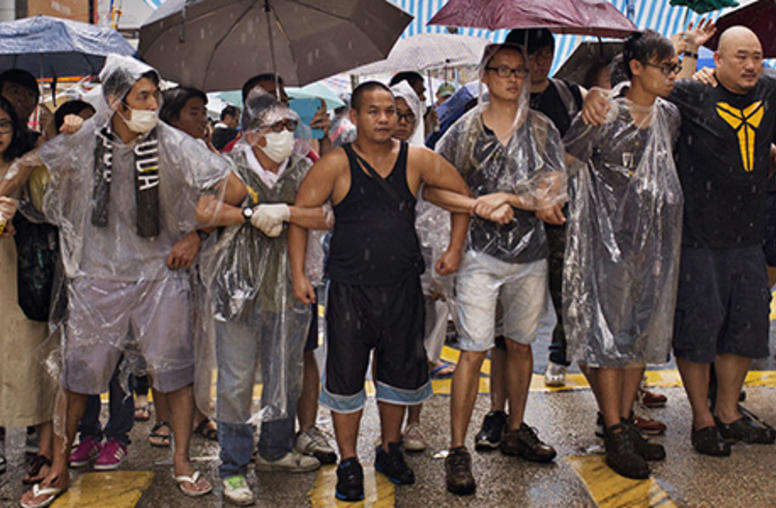
From Conflict in the Streets to Peace in the Society
From Hong Kong’s boulevards and Nairobi’s Uhuru Park to the maidans of Kyiv, Cairo and Tunis, millions of people have massed in recent years to demand greater democracy and transparency from their governments. Dozens of similar campaigns have been fought more quietly. A quarter-century of worldwide growth in such non-violent civil resistance movements has sharpened a question both for their activists and for practitioners of traditional peacebuilding: How can such resistance movements and conflict-resolution work be combined to build more stable, democratic societies?